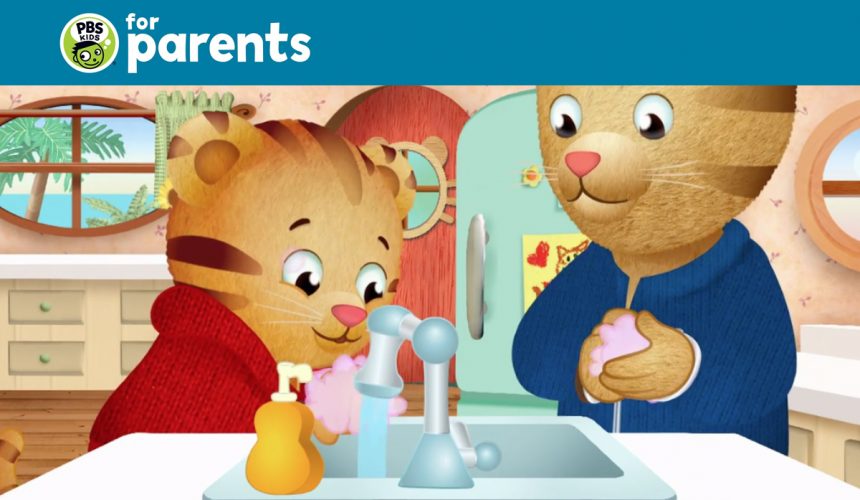Below, you can find some tips and resources to help you with talking to your child about coronavirus.
Via PBS:
1. Share age appropriate facts and corrected misinformation.
2. Reassure them that they are safe
3. Emphasize simple things your family can do to be “germ busters”


